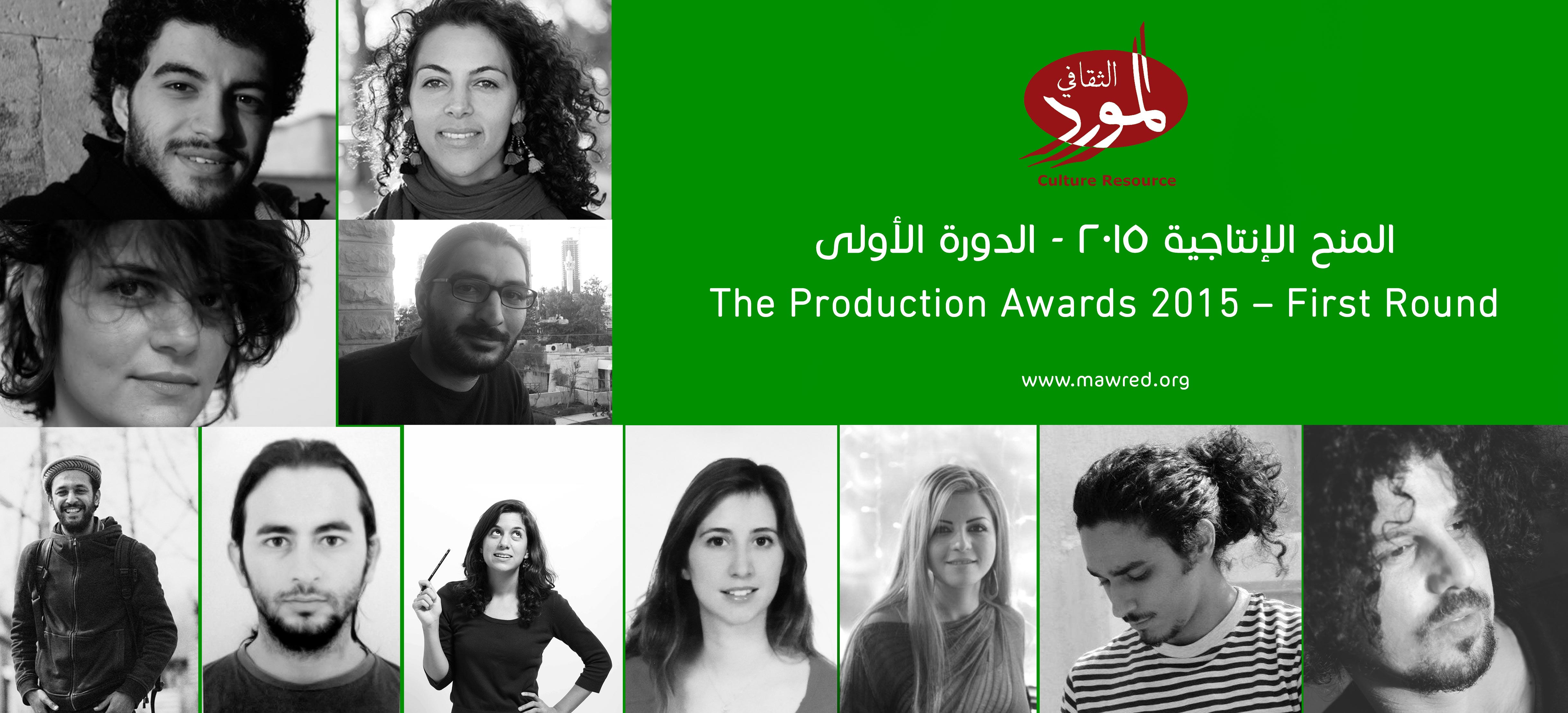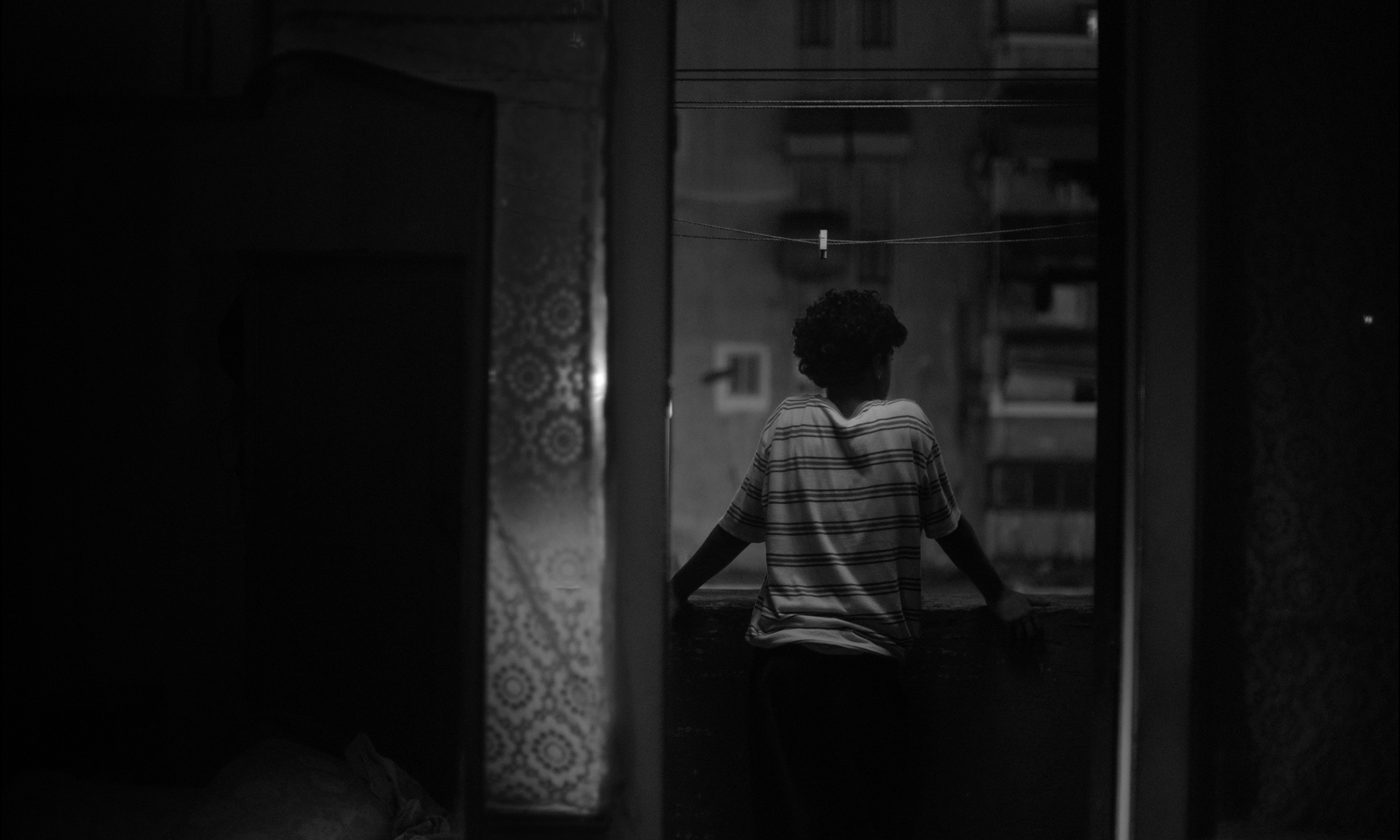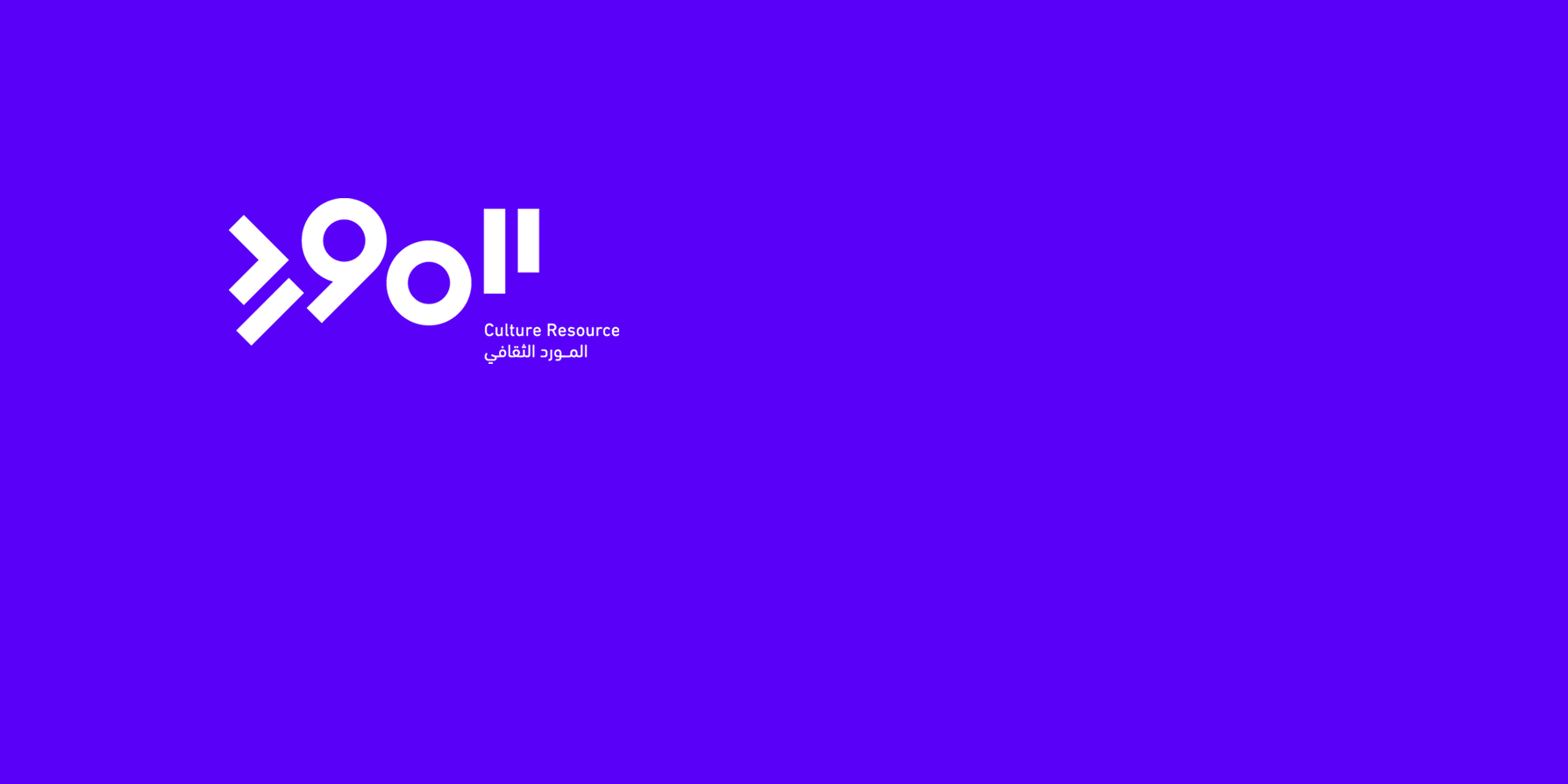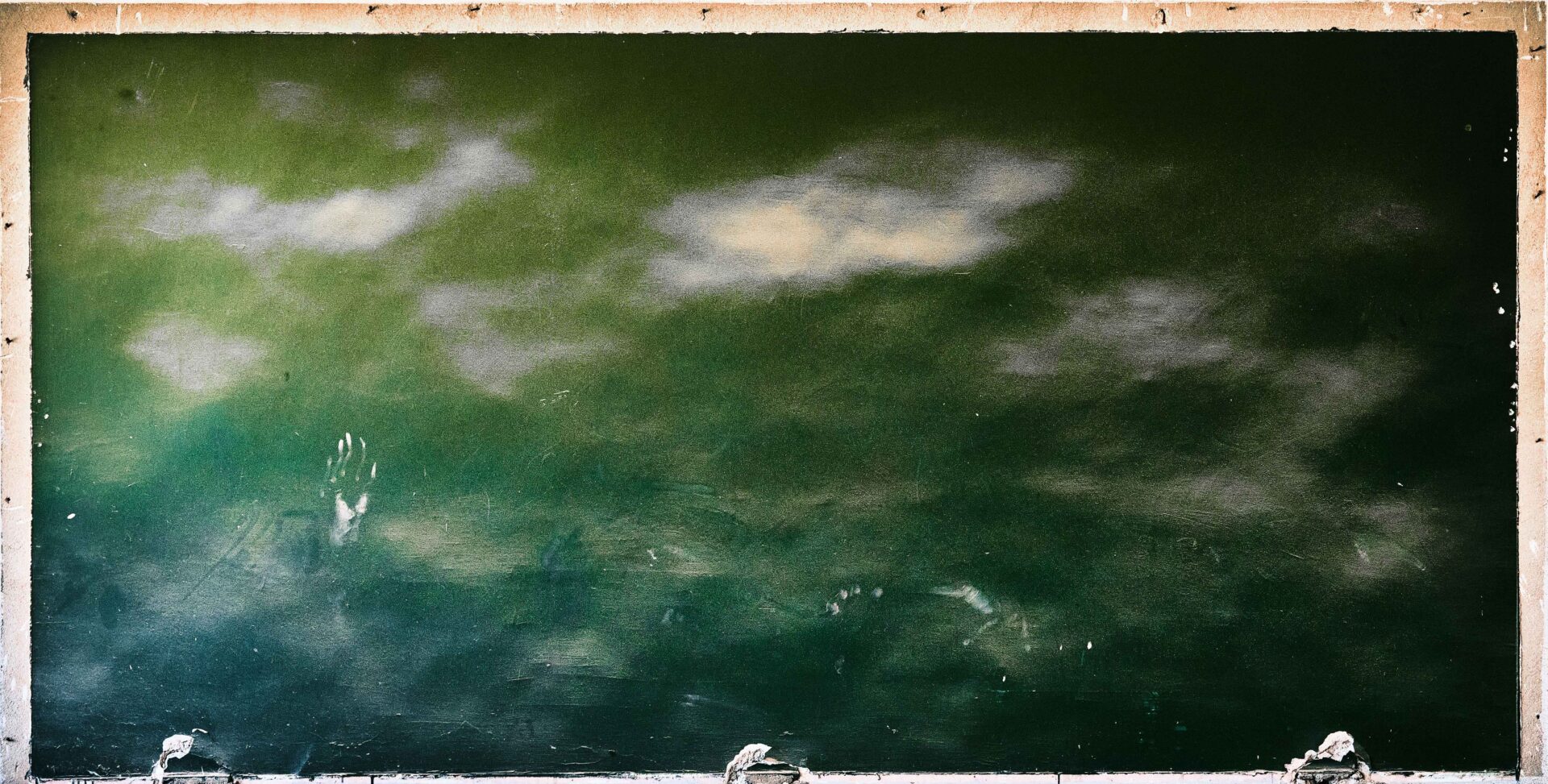Culture Resource announced the ten winning projects of its Production Awards Program – First Round, March 2015. The projects were selected by a juror’s committee from among 139 applications. Since its initiation in 2004, this program of the Culture Resource alone has supported 178 young Arab artists throughout the Arab World in 5 different disciplines: literature, visual arts, theater, music, and cinema.
Literature
Wael Qadour – Syria
Project name: The Confession
Publishing a contemporary play script: The script combines an artistic approach with research on the notions of violence and forgiveness within the context of the Syrian society during the first months of the Syrian revolution. The text is based on the analysis of monitoring results of how the peaceful movement became militarized and on a comparison of the current events with the political incidents that took place in Syria in the 1980s. The script attempts to shed light on the ways in which the daily death of Syrians is translated into expression, and takes the reader back to the past – technically and dramatically – in order to question the present and reflect upon it.
Nesrine Khoury – Syria
Project name: Wadi Qandeel
The novel tells the story of Thuraya who returns to Syria in 2029 to recover her memories that drowned along with the boat, before she washed ashore the coast of Cyprus at the age of five.. Her journey begins in a remote coastal area, in Qandeel Valley, where a script of a novel falls into her hands. The female author is “Ghaim” who recounts the events of the siege of the Valley, as she had lived it with her friends in 2014. It is through this manuscript that Thuraya learns about the lives of Syrians before and during the war, for the heroes of the novel come from different backgrounds and areas. Thuraya decides to investigate into the fates of the novel’s characters, starting with the then known journalist Anas Raheem, who had been Ghaim’s love.
Music
Wael Jegham – Tunisia
Project name: The Milk of the Ogress
This project bridges between generations by rearranging songs from the cultural heritage of North Africa in a modern way that appeals to young people and reconciles their culture with that of their ancestors. Nine songs were digitally recorded using alternative instruments that differ from those traditionally used in North Africa. The result is a colorful rearrangement with a new trait.
Rouba Beydoun – Lebanon
Project name: A Story, a Tune, and Colors
This project addresses the scarcity of Arabic language materials for children. A story about the four seasons will be published that resorts to a simplified use of Arab proverbs on the weather and the seasons. The book will include a DVD that contains a video with the reading of the story and two songs, each accompanied by comics. The first song is about the names of the months in the two sets of denominations as they are used throughout the Arab world: The Syriac names (mainly used in the Levant, Iraq, and some of the Arab Gulf countries) and the Latin names (widespread in the Arab Maghreb and Egypt). The song will make use of proverbs from the cultural heritage. It will be composed by Charbel Rouhana. The second song is a modern, humorous adaptation of a tune on the letters, one that has been passed on from one generation to the next. Through this project, classical Arabic will be presented to children in a pleasant way, also through the use of cartoons.
Theatre
Mayar Alexan – Syria
Project name: A Ticket to Atlantis
This project is a performance combined with an audio-visual installation on the relation of the human being and body with the sea, placed within a sensory and historic framework. Performers will invite the audience to embark on a quest for lightness. The performance alludes to the experiences and images of migrants crossing the sea as a live reality and raises the question: “What happens if we were to link the notion of searching for a secure place to live in with the myth of Atlantis, the lost city in the sea?”
Mohammad Brahim Jumaa – Syria
Project name: The Dumb Waiter
This performance follows freely Harold Pinter’s play “The Dumb Waiter”, which he wrote in the late 1950s, and repositions it in the reality as lived in Syria now and here. The main objective of this production is to investigate into the transformation of young Syrians as they become vicious defenders of their privacy – given the current circumstances. This, despite the similarity in the pressure faced and that turns them into mirrors that break in the course of confronting each other. The play focuses on the concept of individual privacy that has become an absurd attempt in their strive to stay alive. Because, all individual thoughts, collectively, that surround our lives today equally derive their solidity and fragility from the complications inflicted upon the sensory through daily details.
Visual Arts
Noha al-Habaieb – Tunisia
Project name: Lab 619
Lab 619 is a comic magazine for adults in Tunisia that is made of contributions of a number of scenarists and illustrators. The group was founded in the aftermath of the Tunisian revolution as a youth initiative for the purpose of creating a space to meet, express and experiment for creative artists in the fields of illustration and scenario writing.
Zied Ben Romdhane – Tunisia
Project Name: The Road of Potash
This project is a photography book entitled “The Road of Potash” that traces the route of transporting Potash from the mine basin (south-west of Tunisia) to the Gulf of Gabes (south-east of Tunisia). The photographs highlight the problematic related to the transportation of potash such as related strikes, pollution, marginalization of villages, and the extraction and treatment of potash. The exclusively black and white photographs will be supported by short explanatory texts in Arabic and English.
Cinema
Orwa al-Mokdad – Syria
Project name: Flowers of Death
The film shows how the living are turned into dead people by narrating a number of stories such as that of the little girl, Nour, who sends video messages to her uncle, an exhausted movie Director filming a documentary in Aleppo, or the story of Adnan, a reserved philosophy student, and the story of a fighter (Abu Ya3rob) in the last squad of the Free Syrian Army still present in Aleppo. The film tries to answer questions related to reasons for why the revolution turned into a war, causes of betrayal, marginalization and elimination of those who believed in the revolution. It also attempts to shed light on the complex, internal estrangement that people are living. The film does so by presenting different “worlds”, different age groups, and it thereby transmits the depth inherent to the Syrian catastrophe. It does not focus on evoking emotional reactions as much as it tries to break through to the internal worlds of the people and bring their lived experiences closer.
Afraa Batous – Syria
Project name: SKIN
This film follows the personal journey of its director and traces her memories through the lives of two of her closest friends, Hussein and Sobhi, who are both passing through very rough times, socially and politically. The director depicts their gradual collapse over a period of two and a half years only to discover at the end that she is depicting her own ruin. The film portrays the intimate voyage of three young friends in Syria, bringing forth a mixture of moments of hope, loss, the future, and defeat.
Names of the members of the Jury:
- Literature: Sobhi Hadidi (Syria), Miral al-Tahawi (Egypt), Yassin Adnan (Morocco)
- Music: Zeid Hamdan (Lebanon), Issam Rafea (Syria), Fathy Salama (Egypt)
- Theater: Oussama Ghanam (Syria), Khaled Amine (Morocco), Manha al-Batrawi (Egypt)
- Visual Arts: Tammam Azzam (Syria), Tarek Aboul-Fotouh (Egypt), Nedim Kufi (Iraq)
- Cinema: Faouzi Bensaidi (Morocco), Nayla al-Khaja (UAE), Hala al-Abdallah (Syria)





